For God was as large as a sunlamp and laughed his heat at us and therefore we did not cringe at the death hole
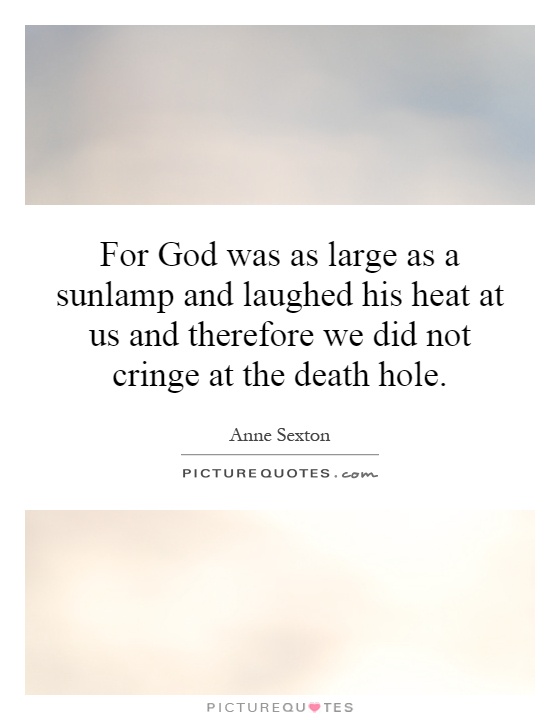
For God was as large as a sunlamp and laughed his heat at us and therefore we did not cringe at the death hole
Anne Sexton was a poet known for her raw and confessional style, delving into themes of mental illness, motherhood, and the struggles of being a woman in a patriarchal society. In her work, she often grappled with the concept of God and spirituality, questioning traditional beliefs and exploring her own relationship with the divine.The line “For God was as large as a sunlamp and laughed his heat at us and therefore we did not cringe at the death hole” is a powerful and evocative statement that reflects Sexton’s complex views on religion and the nature of God. In this line, God is portrayed as a powerful and radiant force, akin to a sunlamp that emits warmth and light. This image of God as a source of light and heat suggests a sense of comfort and protection, a presence that is both awe-inspiring and reassuring.
The idea that God “laughed his heat at us” is particularly intriguing, as it implies a sense of playfulness and joy in the divine. This image of a laughing God challenges traditional notions of a stern and judgmental deity, suggesting instead a more playful and compassionate presence. By laughing his heat at us, God is not only a source of warmth and light but also a source of joy and humor, a deity who finds delight in the human experience.
The phrase “and therefore we did not cringe at the death hole” is a powerful assertion of faith and resilience in the face of mortality. The “death hole” can be interpreted as a metaphor for the unknown and the inevitability of death, a dark and frightening void that threatens to consume us. However, in the presence of a God who is as large as a sunlamp and who laughs his heat at us, there is no need to fear or cringe in the face of death. God’s radiant presence and playful spirit provide comfort and courage, allowing us to confront our mortality with grace and acceptance.
Overall, this line from Anne Sexton’s work captures the complexity of her relationship with God and spirituality, blending awe and reverence with a sense of humor and resilience. It is a testament to Sexton’s ability to grapple with profound existential questions while maintaining a sense of wonder and curiosity about the mysteries of the divine.
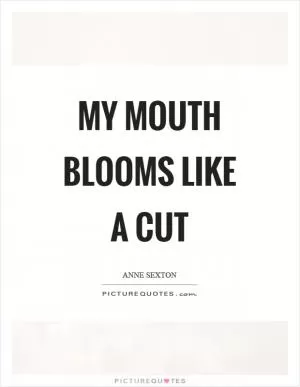
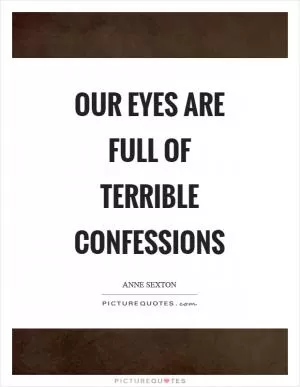


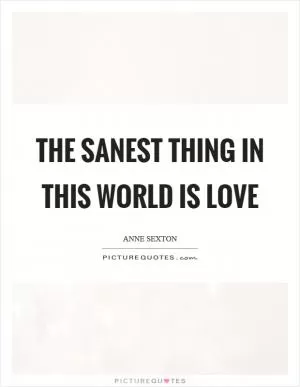
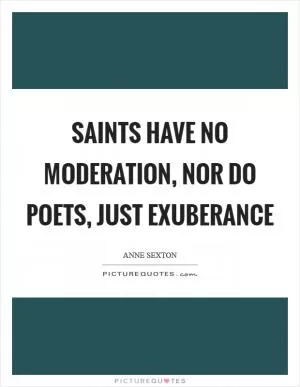


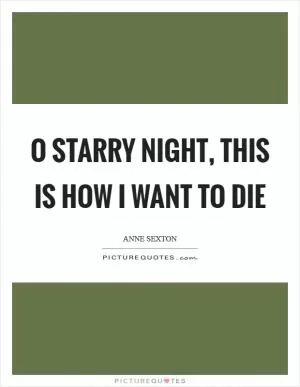



 Friendship Quotes
Friendship Quotes Love Quotes
Love Quotes Life Quotes
Life Quotes Funny Quotes
Funny Quotes Motivational Quotes
Motivational Quotes Inspirational Quotes
Inspirational Quotes